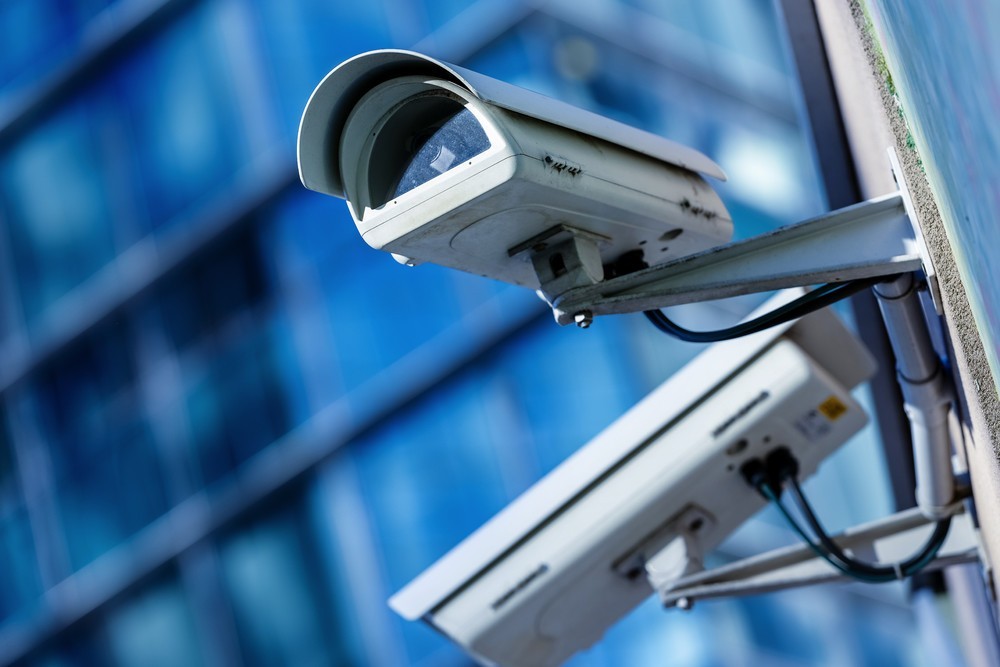
France AI CCTV Market Set for Rapid Growth with Smart City Integration and Advancements in Urban Security
Share

The France AI CCTV market is on a growth trajectory, is projected to reach USD 750 million by 2030. According to a new research report by Next Move Strategy Consulting, the market is expected to experience a compound annual growth rate CAGR of 24% by 2030. This growth is driven by the integration of AI CCTV with the Internet of Things (IoT), particularly in the context of smart city initiatives, as well as the rising concerns around global security threats.
The collaboration between AI-powered CCTV systems and IoT technologies has fostered significant advancements in urban security. When integrated into smart city frameworks, AI CCTV systems offer seamless connectivity, enabling enhanced data exchange and communication between various security components. This integration improves the overall effectiveness of surveillance and contributes to more efficient resource utilization, real-time automated responses to security incidents, and a holistic approach to urban safety. As cities worldwide continue to grow and face evolving security challenges, the demand for intelligent, comprehensive surveillance solutions continues to rise, propelling the growth of the AI CCTV market in France.
The increasing security threats from terrorism, rising criminal activities, and safety concerns have pushed both organizations and governments to adopt AI-powered CCTV solutions. These advanced systems, equipped with facial recognition, real-time threat detection, and behavior analysis, offer proactive defense against potential security breaches, making them crucial for safeguarding public spaces, critical infrastructure, and private properties. As security becomes a top priority, AI CCTV is becoming an indispensable technology across multiple sectors.
Despite the growing demand, high implementation costs associated with AI CCTV systems remain a significant barrier to market growth. The substantial upfront expenses related to the integration of AI algorithms, high-resolution cameras, and necessary hardware infrastructure make these systems economically burdensome, particularly for small and medium-sized enterprises (SMEs). As a result, the widespread adoption of AI CCTV faces challenges in reaching a broader market segment, limiting its accessibility.
However, the future of AI in the CCTV industry is bright, with predictive maintenance emerging as a key growth opportunity. AI algorithms can monitor the health of surveillance cameras, storage systems, and network infrastructure in real-time, predicting potential issues before they occur. By addressing maintenance needs proactively, businesses can reduce downtime, improve system reliability, and extend the lifespan of CCTV infrastructure, thus reducing overall operational costs.
Conclusion: The France AI CCTV market is experiencing robust growth, fueled by the growing adoption of smart city initiatives and the increasing demand for advanced security measures. While the high implementation costs pose a challenge, the future lies in integrating predictive maintenance technologies that enhance the efficiency and longevity of AI CCTV systems. As the market continues to evolve, AI CCTV will play a central role in shaping the future of urban security, offering more intelligent and cost-effective surveillance solutions. The potential for long-term growth in this sector remains substantial as technological advancements continue to push the boundaries of what AI-powered surveillance systems can achieve.